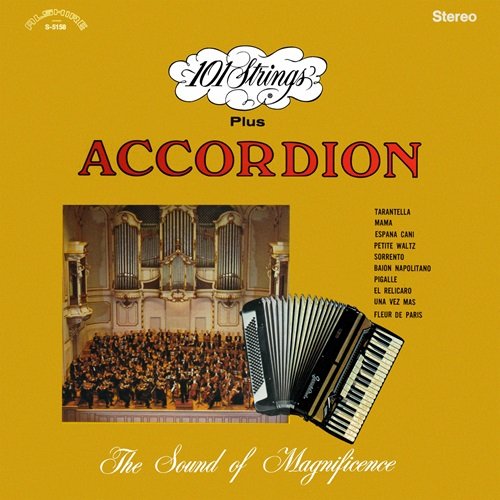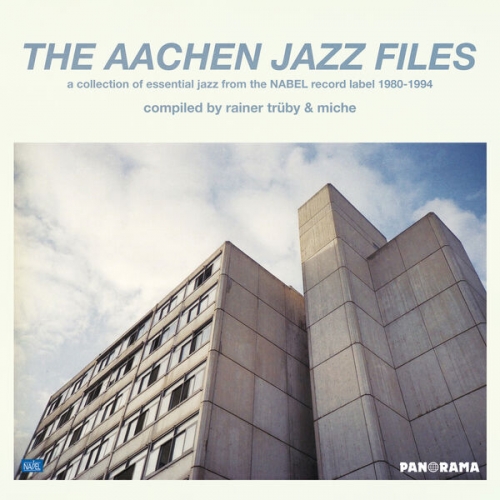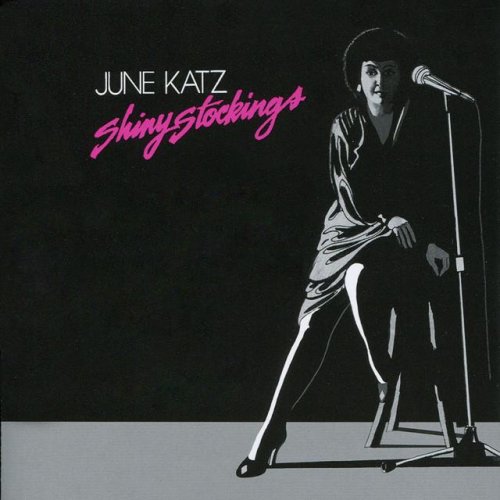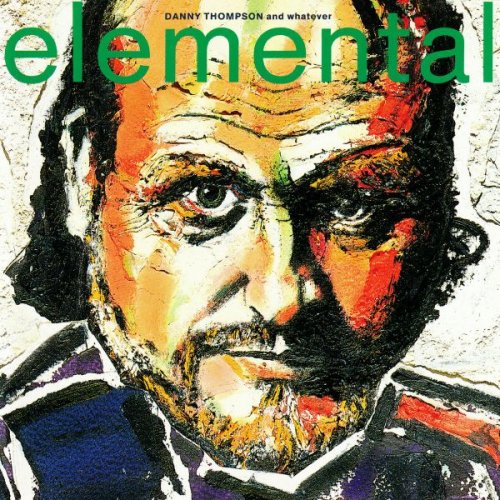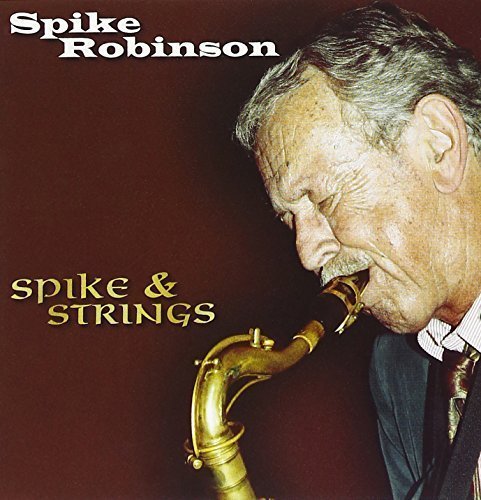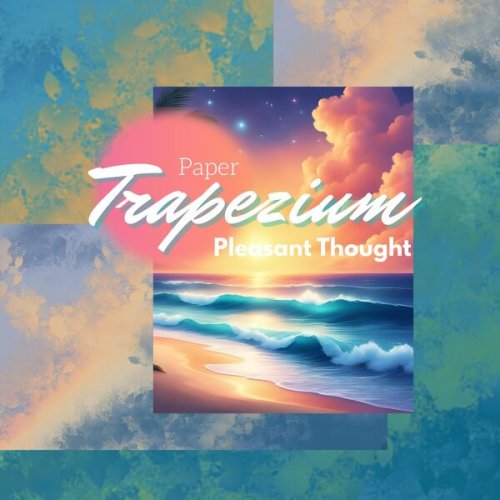Schapiro 17 - Human Qualities (2021)
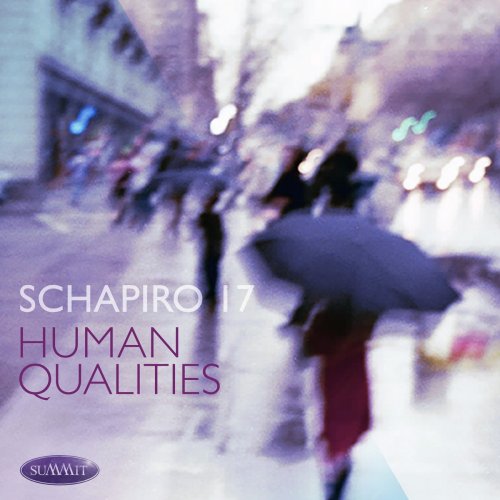
Artist: Schapiro 17
Title: Human Qualities
Year Of Release: 2021
Label: Summit Records
Genre: Jazz
Quality: FLAC (tracks)
Total Time: 70:06 min
Total Size: 400 MB
WebSite: Album Preview
Tracklist:Title: Human Qualities
Year Of Release: 2021
Label: Summit Records
Genre: Jazz
Quality: FLAC (tracks)
Total Time: 70:06 min
Total Size: 400 MB
WebSite: Album Preview
01. Count Me Out
02. Tango
03. Hmmm
04. The First Time Ever I Saw Your Face
05. Human Qualities
06. Hallelujah
07. A Bounce in Her Step
08. House Money
The album starts with Count Me Out, a tribute to Basie and his wonderful bands. This one is a pretty simple tune, but Rob Middleton gets a tenor sax solo that starts out pretty good and just keeps getting better. At about the 2:20 mark, Schapiro throws in a completely different beat, a bit slower but more ominous, kind of like a walking beat in a minor key, and the trumpet figures are equally ominous as well as bitonal. Following this, Deborah Weisz gets a fine trombone solo as the background writing becomes ever denser and even a bit eerier. Roberta Piket tries to jolly things up with some Basie-like piano, but eventually she succumbs to the strange atmosphere and joins in rather than fighting the mood. She then leads the band into a sort of medium-tempo funk beat, with drummer Jon Wikan playing some very strange, asymmetrical figures behind her, the reeds and muted trumpets…then suddenly, the Basie-like vibe returns, now clothed in ominous extended chords despite the valiant efforts of the reed section to re-establish the happy mood of the opening. You might call this a cross between Count Basie and Charles Mingus’ Weird Nightmare.
Similarly, Tango really is a tango but it’s not. I dare anyone out there to come up with an Astor Piazzolla tango as well-written and imaginative as this one…such apiece simply doesn’t exist. Jon Schapiro can certainly create interesting moods, and this one, though also a bit on the dark side, is difficult to describe. You’ve just got to hear it. Matt Hong gets the meaty baritone sax solo, and it’s a very fine one that comes and goes throughout, but once again the star of this track is the writing. I get so many jazz band recordings for review that claim to be “innovative” that really aren’t, they just recycle older orchestral charts that haven’t been heard in a half-century, but Schapiro’s writing really IS innovative. He sounds like no one else while still leaning on certain established jazz forms. I’m willing to bet that he is a student of Bartók and Shostakovich as well as of Pete Rugolo, Marius Constant and the Mingus of Epitaph. His mind works in mysterious ways, yet all of them are utterly fascinating.
Hmmm opens with a strong boogie beat which leads into the attractive but quirky melodic line. Nearly all of the trumpet section writing here uses discords, but as usual Schapiro somehow manages to pull all the different elements together to form a quirky but perfect whole. I can hear where he borrows a few voicing ideas from Gil Evans, too, but there are so many different elements at work here that, once again, it’s hard to pin him down. Andy Gravish’s trumpet solo, though not particularly daring, nonetheless sparkles, providing some upper-register fireworks to this otherwise ominous-sounding piece. Gravish returns again in the final chorus, sparring with Paul Carlon’s tenor before sparking the ride-out.
I’m glad that the liner notes told me that The First Time Ever is a Ewan McColl song “made famous by Roberta Flack,” because I had never heard of it before. (Sorry, I’m not a pop or soul singer fan.) As annotator Ingrid Jensen puts it, “Poignant bass clarinet entrances and low, lush, static voicings set the tone for this beautiful and ear-bending arrangement.” I would add that it also offers a relatively calm respite from the wildly innovative tracks that preceded it. Piket and trumpeter Eddie Allen add some colorful solos to it as well.
To quote Jensen once again, “The title track [Human Qualities]…is a wild trip through contrapuntal lands of weaving and building orchestral imagery resolving neatly in a unison land that sets up the ever-lively and luscious alto playing of Rob Wilkerson.” This is clearly the most complex piece so far in this album, a real gem that holds your attention from start to finish, yet for all its complexity the somewhat steady beat gives the soloists something to hang on to. The counterpoint becomes denser during Piket’s piano solo, at which time the tempo picks up a bit, too. It’s a little masterpiece.
Despite its title, Hallelujah doesn’t sound like a very celebratory piece; its dark, quirky melodic line and whole-tone accompaniment, played at a somewhat slow tempo, give it an ominous feeling. Some strange sounds (possibly a synthesizer along with electric guitar?) are heard in the background during the rhythm section break, then an electric guitar solo which fades into nothingness, after which the bass plays with acoustic guitar in the background before low unison trumpet figures come in. More counterpoint ensues when the saxes play a unison figure in an opposing meter against the muted trumpets.
A Bounce in Her Step returns to a swing beat, but once again Schapiro’s writing is complex and contrapuntal, here resembling some of the better “cool school” charts of the 1950s with his own twist. The album closes with House Money, a piece that again opens up with a bit of a Basie feel (but more of a strip-club sort of beat on the tom-toms) with growl trumpet interjections over the snaky, repeated sax section lick before moving out a bit to solo. Growl trombone is also heard in the person of Alex Jeun. Kind of like Ellington meets Basie meets Stravinsky.
But oh! All of my descriptions above may not prepare you for what you’ll hear on this CD. Yes, highly recommended.
Similarly, Tango really is a tango but it’s not. I dare anyone out there to come up with an Astor Piazzolla tango as well-written and imaginative as this one…such apiece simply doesn’t exist. Jon Schapiro can certainly create interesting moods, and this one, though also a bit on the dark side, is difficult to describe. You’ve just got to hear it. Matt Hong gets the meaty baritone sax solo, and it’s a very fine one that comes and goes throughout, but once again the star of this track is the writing. I get so many jazz band recordings for review that claim to be “innovative” that really aren’t, they just recycle older orchestral charts that haven’t been heard in a half-century, but Schapiro’s writing really IS innovative. He sounds like no one else while still leaning on certain established jazz forms. I’m willing to bet that he is a student of Bartók and Shostakovich as well as of Pete Rugolo, Marius Constant and the Mingus of Epitaph. His mind works in mysterious ways, yet all of them are utterly fascinating.
Hmmm opens with a strong boogie beat which leads into the attractive but quirky melodic line. Nearly all of the trumpet section writing here uses discords, but as usual Schapiro somehow manages to pull all the different elements together to form a quirky but perfect whole. I can hear where he borrows a few voicing ideas from Gil Evans, too, but there are so many different elements at work here that, once again, it’s hard to pin him down. Andy Gravish’s trumpet solo, though not particularly daring, nonetheless sparkles, providing some upper-register fireworks to this otherwise ominous-sounding piece. Gravish returns again in the final chorus, sparring with Paul Carlon’s tenor before sparking the ride-out.
I’m glad that the liner notes told me that The First Time Ever is a Ewan McColl song “made famous by Roberta Flack,” because I had never heard of it before. (Sorry, I’m not a pop or soul singer fan.) As annotator Ingrid Jensen puts it, “Poignant bass clarinet entrances and low, lush, static voicings set the tone for this beautiful and ear-bending arrangement.” I would add that it also offers a relatively calm respite from the wildly innovative tracks that preceded it. Piket and trumpeter Eddie Allen add some colorful solos to it as well.
To quote Jensen once again, “The title track [Human Qualities]…is a wild trip through contrapuntal lands of weaving and building orchestral imagery resolving neatly in a unison land that sets up the ever-lively and luscious alto playing of Rob Wilkerson.” This is clearly the most complex piece so far in this album, a real gem that holds your attention from start to finish, yet for all its complexity the somewhat steady beat gives the soloists something to hang on to. The counterpoint becomes denser during Piket’s piano solo, at which time the tempo picks up a bit, too. It’s a little masterpiece.
Despite its title, Hallelujah doesn’t sound like a very celebratory piece; its dark, quirky melodic line and whole-tone accompaniment, played at a somewhat slow tempo, give it an ominous feeling. Some strange sounds (possibly a synthesizer along with electric guitar?) are heard in the background during the rhythm section break, then an electric guitar solo which fades into nothingness, after which the bass plays with acoustic guitar in the background before low unison trumpet figures come in. More counterpoint ensues when the saxes play a unison figure in an opposing meter against the muted trumpets.
A Bounce in Her Step returns to a swing beat, but once again Schapiro’s writing is complex and contrapuntal, here resembling some of the better “cool school” charts of the 1950s with his own twist. The album closes with House Money, a piece that again opens up with a bit of a Basie feel (but more of a strip-club sort of beat on the tom-toms) with growl trumpet interjections over the snaky, repeated sax section lick before moving out a bit to solo. Growl trombone is also heard in the person of Alex Jeun. Kind of like Ellington meets Basie meets Stravinsky.
But oh! All of my descriptions above may not prepare you for what you’ll hear on this CD. Yes, highly recommended.
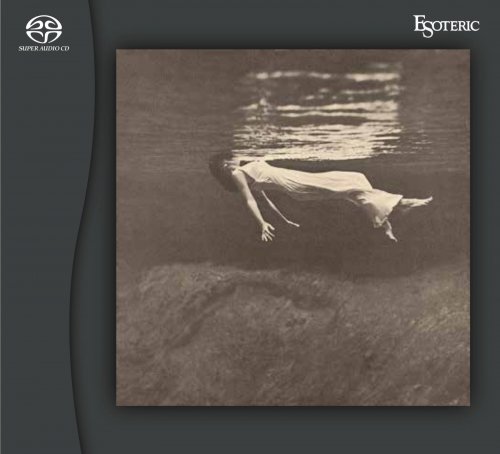
![Chad Lefkowitz-Brown - City Spirit (2026) [Hi-Res] Chad Lefkowitz-Brown - City Spirit (2026) [Hi-Res]](https://www.dibpic.com/uploads/posts/2026-02/1772171883_y3mc4z2lmsr7a_600.jpg)
